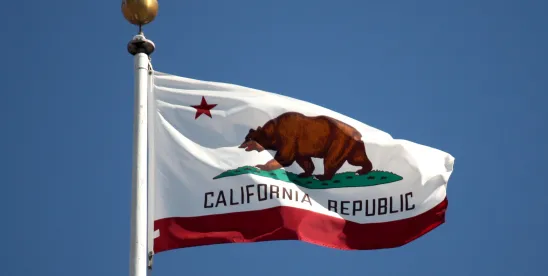On June 18, California Governor Gavin Newsom, in conjunction with other legislative, business, and labor leaders, announced a deal to significantly reform California’s Private Attorneys General Act (PAGA).
Although details are still being ironed out, the proposed agreement will implement several important changes to the much-maligned law. Notably, if the bill is signed before June 27, a business-backed initiative aimed at reconfiguring PAGA altogether will be removed from the November ballot.
Key Changes to the PAGA
- Reinforcing Standing Requirements and Timeliness
- Requires the plaintiff to personally have experienced the alleged violations brought in their claim. This is perhaps the most significant of the expected changes as it would significantly narrow the scope of many PAGA cases.
- Requires the alleged violations to have occurred within the year prior to filing the lawsuit. In other words, there would no longer be an open question as to whether an employee could sue over alleged violations that occurred many years in the past. This is also an extremely important development.
- Capping Total Amount of Penalties
- For employers who take steps to comply with the Labor Code before receiving a PAGA notice, the maximum penalty that can be awarded is 15% of the applicable penalty amount.
- For employers who take steps to fix policies and practices after receiving a PAGA notice, the maximum penalty that can be awarded is 30% of the applicable penalty amount.
- When the alleged violation was brief or involved a wage statement violation that did not cause confusion or economic harm, the maximum penalty will be reduced.
- The law will also adjust the penalty structure to ensure employers are not double penalized when they pay on a weekly basis, as opposed to every other week.
- Creating an Employer’s Right to Cure
- Expands the number of alleged Labor Code violations that can be cured.
- Protects small employers by providing a more robust right-to-cure process through the California Labor and Workforce Development Agency to reduce litigation and costs.
- Codifying Judicial Discretion to Manage Claims
- Codifies a court’s discretion to limit the scope of claims and evidence presented at trial to ensure PAGA cases are managed effectively.
- Reforming of the Penalty Structure
- Increases the share of penalties that goes to employees from 25% to 35%.
- Creates a new, higher penalty if an employer acted maliciously, fraudulently, or oppressively.
- Allowing for Injunctive Relief
- Provides courts with the power to award injunctive relief to compel businesses to implement changes in the workplace to remedy Labor Code violations. The labor community is touting this proposed change as a key win. However, because PAGA actions are almost always filed in conjunction with unfair business practices claims under section 17200 of the Business and Professions Code (and because section 17200 allows a court to order injunctive relief), it is unclear what is gained on a practical level.
- Hiring to Strengthen the Enforcement Agency
- Provides the California Department of Industrial Relations the ability to expedite hiring and to fill vacancies.
We anticipate these proposed changes to be finalized in writing with greater detail over the next week. The expected developments should reduce some of the worst excesses now seen in PAGA litigation. However, it is unlikely that PAGA lawsuits will disappear entirely. Thus, as always, employers should work with experienced wage and hour counsel to ensure their policies and practices are Labor Code compliant.




 />i
/>i
